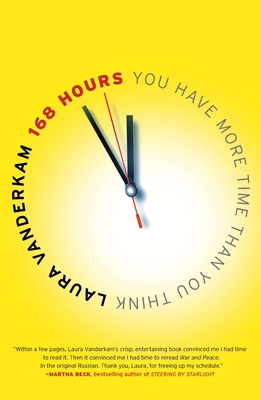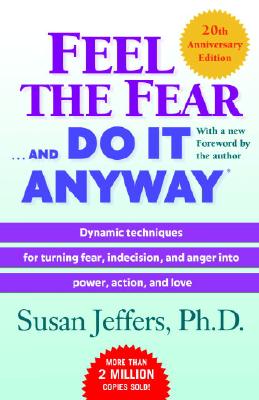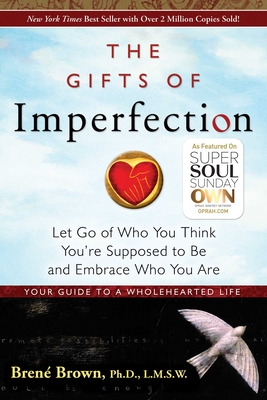Magdalena Macinska is a dreamer, interpretor, translator, and writer---weaving words between her native language Polish and the English she lovingly adopted. She makes a home in Warsaw, but has left her heart in places around the world. The world never ceases to wonder her and she blogs about her endless questions at www.questionchest.blogspot.com. Books taught me that there is something such as love at first sight. So many times has it happened that I was wandering aimlessly around the airport waiting for my plane and ended up in the airport bookshop and there, among the bestsellers meant to ease my travel time, was the book that could potentially change my life!
My eyes often land on self-help books, a mention of them on my favorite blogs makes me prick my ears. I am always ready to experience a moment of enlightenment. But they also have to be beautifully written. Self-help books are for me a challenging genre of non-fiction. Good advice is not enough. There needs to be captivating story behind, the author’s spirit and presence must flow through the pages.
I believe that some books are meant for us to read, just like some people are meant to be a part of our life. Maybe because they help us to connect with the more tender parts of the soul, heal the darker places. Here are some of the ones that not only helped me, but have enchanted me and made me fall in love.
Laura Vanderkam’s 168 Hours. You have more time than you think challenged me to rethink my relationship with time. She asks for brutal honesty in demystifying one’s o weekly planning patterns and at the same time offers an optimistic encouragement that there is indeed time to do all the things we want. She does so by beginning not with time saving techniques, but with inviting the reader to dream about they want to fill their time with. Laura has a sharp eye for myths and makes witty remarks about our obsession with perfect households and commandments of time management like “don’t work in the evenings” which do not always match the reality of our today’s working life. She balances thorough research, deep common sense and humor, which makes this book feel so down to earth and real to me in all those times I want to moan “there just isn’t enough time!”
Gretchen Rubin, the author of Happier at Home, holds a warm and simple conversation with the reader right from the start. In the first pages she recalls how her husband asked her why she wanted to write a second book on happiness if she had already done one project on happiness and was satisfied with it. She gives us an answer in another scene from her life, describing how when she was standing at the kitchen counter one day she felt a wave of absolute contentment and at the same time a profound longing for home. Gretchen unveils the paradoxes of happiness: being grateful for what we have and believing we can always happier. She guides us through her personal journey of making the home a happy place, sharing stories and anecdotes. In the background we discover a heartwarming picture of her family where small changes make a big difference, and yet nobody is perfect. I feel gently prompted to look for my own happiness for home and at the same time don’t feel scared of impossible commitments.
Susan Jefferson speaks with a strong and passionate voice in her book Feel the Fear and Do It Anyway. She uses the whole arsenal of expressive and exaggerated rhetoric we sometimes find in self-help books, and yet never ceases to be convincing and authentic. Susan understands how paralyzing fear can be and counter-attacks it with a language of positive self-esteem and self-power. Reading this book made me feel that the writer believes in me, and that I can do also do the same for myself. She teaches that by changing the language we speak to ourselves and trusting in our own resources and power we can tame fear and learn to live with it.
Brené Brown’s book The Gifts of Imperfection: Let Go of Who You Should Be and Embrace Who You Really Are is written by a researcher converted into the language of the heart. With clarity and precision she redefines to the scary notion of vulnerability. She shows courageous ways to show our vulnerability and in effect create connection. Brené contemplates on the paradox of embracing darkness that leads to light in our relationships. Philosophical reflections are intertwined with touching and hilarious stories of how she experienced her “nervous breakdown” AKA “spiritual awakening”. Her honesty encourages me to experience my own.





